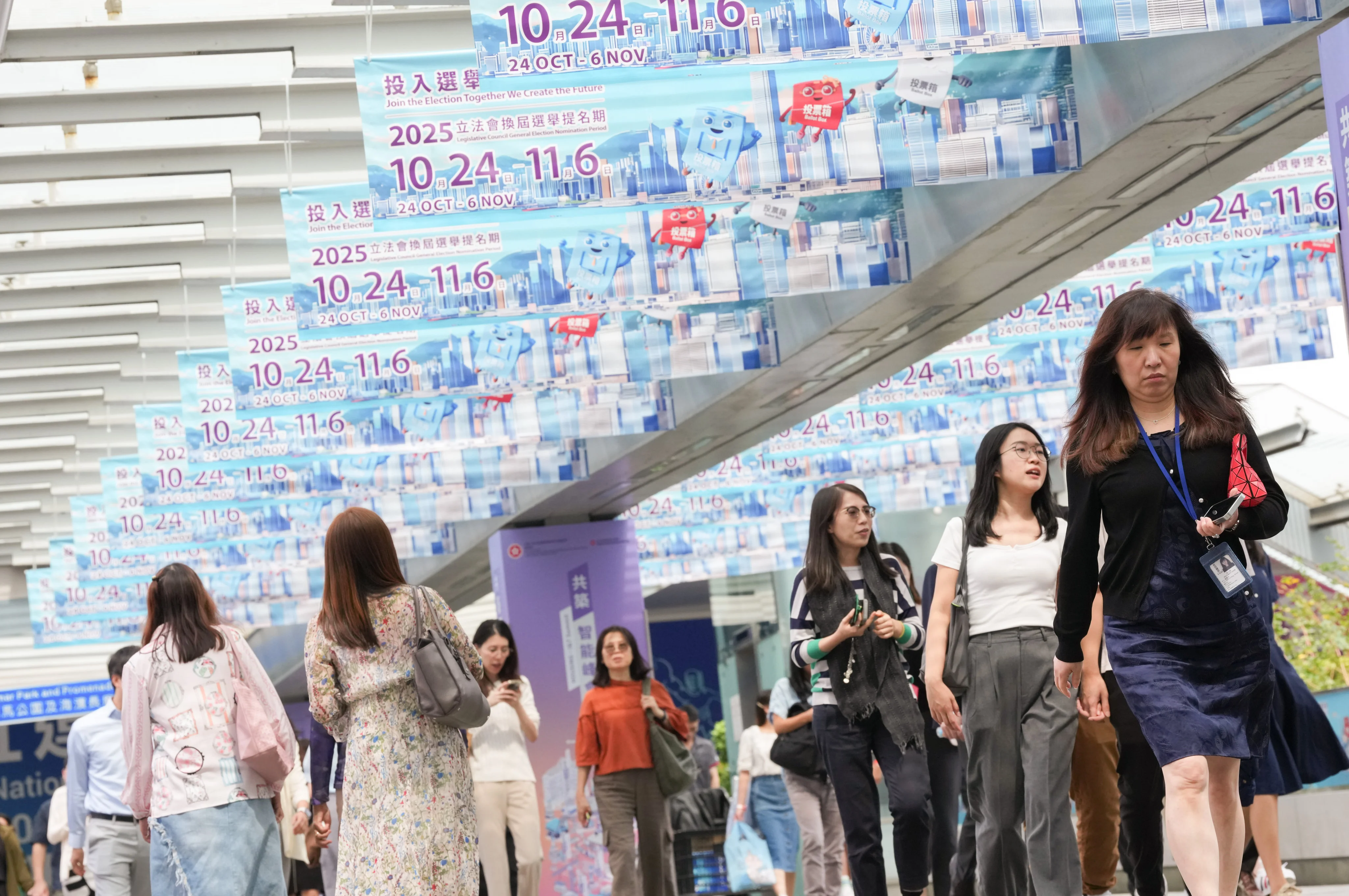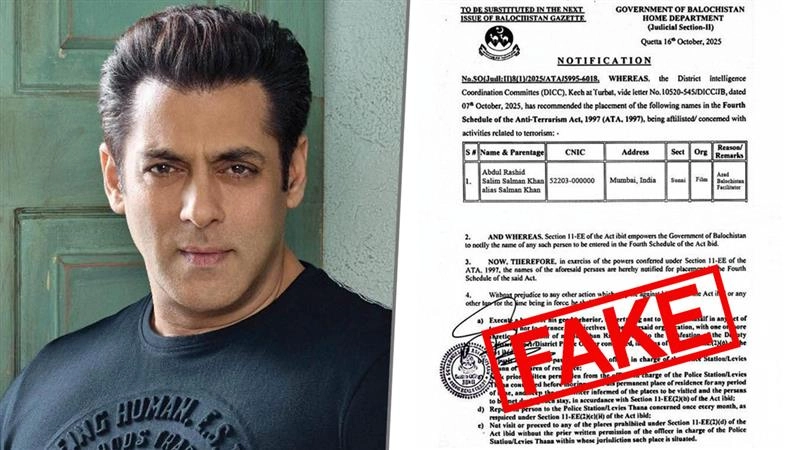Copyright scmp

At least 49 hopefuls have declared that they will run for directly elected seats in Hong Kong’s coming Legislative Council race after the first week of the nomination period, already marking a 40 per cent jump from the previous poll. While an intensified race could encourage residents to cast their ballots on December 7, the absence of opposition candidates could still pose a challenge for voter turnout, a political scientist said on Friday. The legislature will also undergo a massive reshuffle as nearly one-third of incumbent lawmakers – a record-high proportion – have announced their plans to step down so far. As of Friday, 49 candidates have declared that they will stand in the direct election or have signed up, marking a 40 per cent surge from the 35 who ran for Legco via the geographical constituencies in 2021. The 20 directly elected seats have drawn an average of 2.45 hopefuls per seat, up from 1.75 in the previous election. No opposition candidates have entered the fray so far. In 2021, the bids of all 11 centrists or hopefuls with a previous opposition background who ran in the geographical constituencies were in vain, as major pan-democrat parties did not take part in the poll. The middle-of-the-road Third Side party, which fielded one candidate in the geographical constituencies in 2021, has yet to announce its line-up. Third Side chairman and outgoing lawmaker Tik Chi-yuen told the Post that the party was still reaching out to various sectors in a bid to secure enough nominations. District councillor Allan Wong Wing-ho of the POD Research Institute, formerly known as Path of Democracy founded by Executive Council member Ronny Tong Ka-wah, has signed up to run in the New Territories North East constituency. He did not declare a political affiliation when he signed up. The number of candidates fielded by major pro-establishment parties in the direct election, meanwhile, has more than doubled from 16 in 2021 to 35 this year. The Democratic Alliance for the Betterment and Progress of Hong Kong, the city’s largest party, is fielding 13 candidates, up from 10 in 2021. The Hong Kong Federation of Trade Unions and the New People’s Party have nine and seven hopefuls, respectively, compared with three-candidate slates previously. The pro-business Liberal Party and the Business and Professionals Alliance for Hong Kong, which did not field any candidates in geographical constituencies in the 2021 race, are going to do so this time. Chief Executive John Lee Ka-chiu said on Tuesday that he expected a “fierce but healthy rivalry” to drum up residents’ interest and engagement in the election. Emeritus Professor John Burns of the University of Hong Kong said the government’s priority was to boost voter turnout and enhance the legitimacy of Beijing’s “patriots-only” electoral system. Burns said that a more competitive race could drive up the turnout rate. However, the room for growth would be limited due to the absence of democrats. “The competition is limited to a narrow range of pro-establishment opinion and does not represent the diversity of opinions we had in the past,” Burns said, adding that around 55 to 60 per cent of voters used to support pan-democratic candidates in previous elections until 2021. The first poll under Beijing’s “patriots-only” system in 2021 saw a turnout of 30.2 per cent in the geographical constituencies, the lowest since 1991. Lau Siu-kai, a consultant for the semi-official Chinese Association of Hong Kong and Macau Studies think tank, said the rising number of hopefuls in the geographical constituencies showed that the new electoral system had managed to attract more candidates to come out and contribute to the city. “Now they know that they can make concrete contributions for the benefit of Hong Kong without getting into unnecessary political struggles, many will become more willing to run,” he said. Among the 10 constituencies, Kowloon Central is the most hotly contested, with six candidates running for two seats. Starry Lee Wai-king, the city’s sole representative on the National People’s Congress Standing Committee, the country’s top legislative body, and Kitson Yang Wing-kit are eyeing another term representing the constituency. While five candidates are contesting the two seats on Hong Kong Island West, three are incumbent lawmakers, implying that at least one will not be re-elected. Regina Ip Lau Suk-yee, convenor of the city’s top decision-making Executive Council, who held one of its two seats, earlier announced her exit from Legco. In the run-up to the election, a wave of lawmakers opted not to seek re-election, meaning a massive reshuffle in Legco is coming. A total of 28, or 31 per cent, of the city’s 89 legislators decided to step down, a record high since the city’s return to Chinese sovereignty in 1997. The number includes all 12 members aged 70 and above. Previous elections typically saw 10 to 20 per cent of incumbents not seeking re-election. District councillors have emerged as a key “talent pool” to fill the vacancies in geographical constituencies, with all but two of the 34 new contenders currently serving on district councils. So far, 134 people had officially submitted their nomination forms for the December 7 race, with 46 vying for geographical constituencies, 49 for the functional constituencies and 39 for the Election Committee constituency. The nomination period closes on November 6. Additional reporting by Willa Wu



